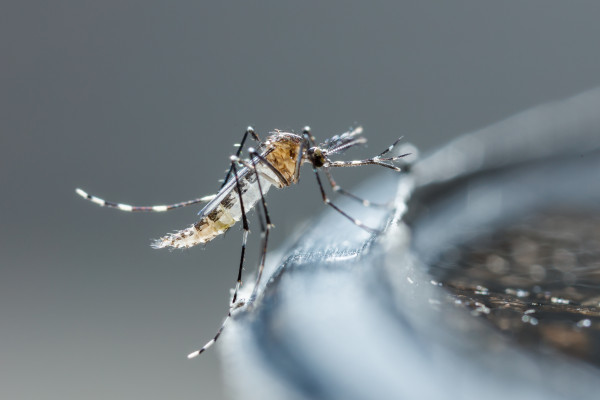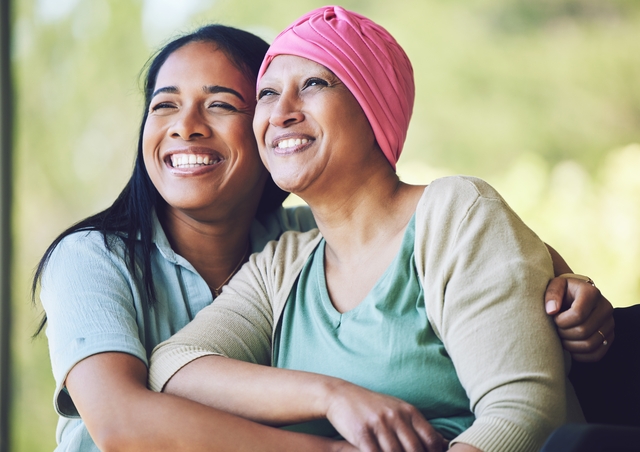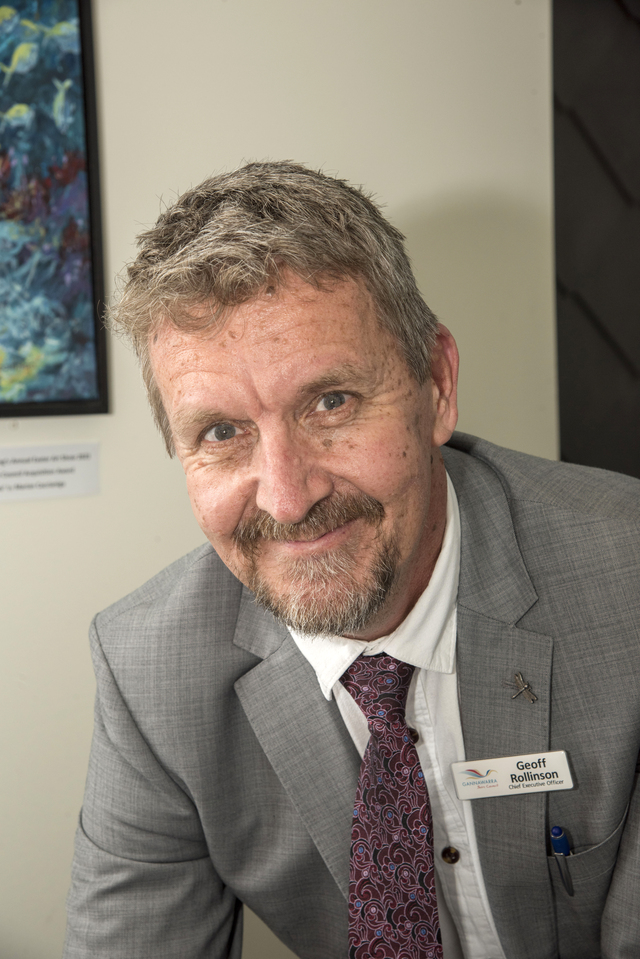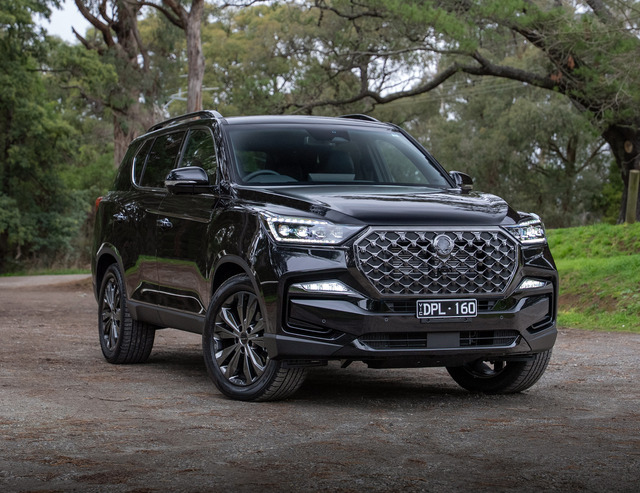NSW Health is urging the community to stay vigilant and take precautions against mosquito bites following confirmation that a further two NSW residents were infected with Japanese encephalitis earlier this year.
Ten NSW residents have now been infected with JE, with the latest two confirmed cases in the Riverina.
The ninth case was a young man from Carrathool Shire, who was infected in January. The 10th case was a man aged in his 70s from Lockhart Shire whose infection onset was in late February.
While evidence shows mosquito numbers are declining, it remains important that residents continue to take steps to avoid mosquito bites.
The JE virus is spread by mosquitoes and can infect animals and humans. It cannot be transmitted between humans, and it cannot be caught by eating pork or other pig products.
There is no specific treatment for JE, which can cause severe neurological illness with headache, convulsions and reduced consciousness.
It’s important to avoid being bitten by mosquitos. Simple actions residents can take include:
● Avoiding going outdoors during peak mosquito times, especially at dawn and dusk, and close to wetland and bushland areas.
● Wearing long sleeves and pants outdoors and shoes and socks where possible. Insecticides such as permethrin are available for treating clothing for those spending extended periods outdoors.
● Applying repellent to all areas of exposed skin, especially those that contain DEET, picaridin, or oil of lemon eucalyptus which are the most effective against mosquitoes. The strength of a repellent determines the duration of protection with the higher concentrations providing longer periods of protection. Always check the label for reapplication times.
● Reapplying repellent after swimming.
● Applying sunscreen first and then repellent.
● Reducing all water holding containers around homes where mosquitoes could breed.
● If camping, ensure the tent has fly screens to prevent mosquitoes entering.
Most skin repellents are safe for use on children aged three months and older when used according to directions, although some formulations are only recommended for children aged 12 months and older.
NSW Health reports any new cases and locations on the NSW Health website.
NSW Health has secured JE vaccine for groups recommended by the Communicable Disease Network of Australia because they are at higher risk of exposure.







